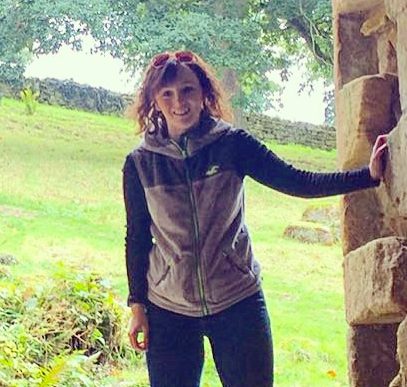Description of Studies & Activities:
Isabel is a second year, ESRC funded, PhD researcher in Geography at Newcastle University. Her PhD investigates people’s interpretations of landscape, by evaluating their experiences and responses to different landscapes. The project considers how and why individuals place ‘value’ onto locations, by utilising theories of ‘landscape aesthetics’ as a way of understanding landscape recognition.
Additionally, the project uses innovative applications of Geographical Information Systems (GIS) to capture and display such data, with the aim of devising a mixed-methods approach that can map interpretations and responses to heritage landscape. Concurrently, the project focuses on developing tools and techniques to analyse and enable the visualisation of responses to landscape through forms of digital cartography. The methodology has been be carried out at three research locations within the county of Durham, to provide different visual contexts for data representations. The locations are; Durham Castle and Cathedral, both areas of sensitive conservation and inscribed on the World Heritage list; Stanhope and the ‘Stanhope Walk’, being an Area of Outstanding Natural Beauty and provides a rural landscape for evaluation; Esh Winning is a former collier village that provides a rural, ex-industrial context.
More broadly, Isabel is interested in heritage geographies, critical GIS and cartographies, and data visualisation. She is a Teaching Assistant within the Geography Department, leading seminars and practical sessions for both first and second year undergraduates, for topics including Geographical Study Skills and Key Methods for Human Geographers.
Isabel is also a founding committee member of the Digital Geographies Working Group, in association with the Royal Geographic Society (with IBG).


